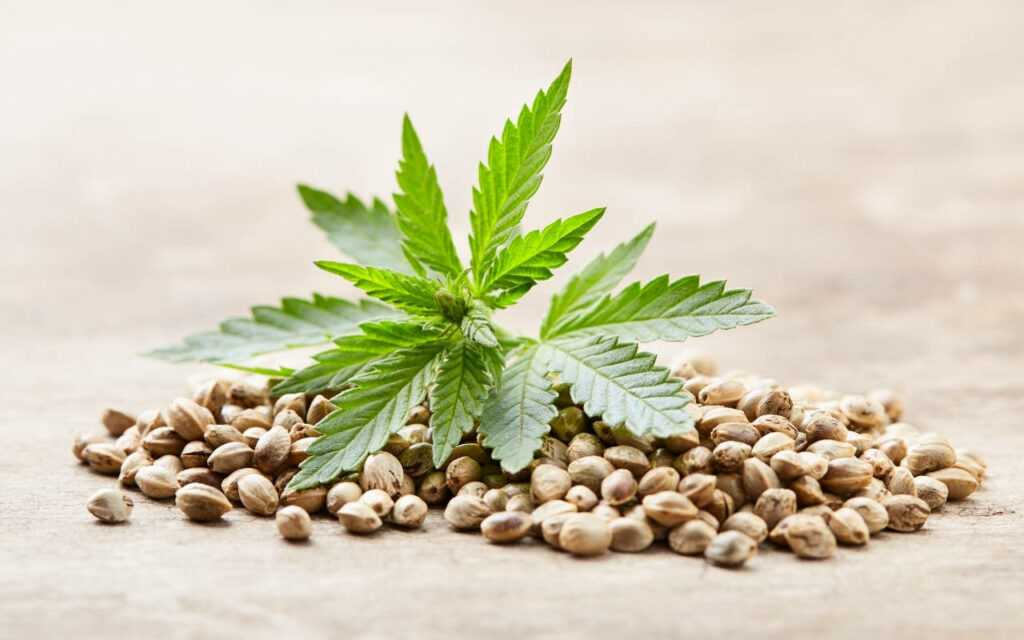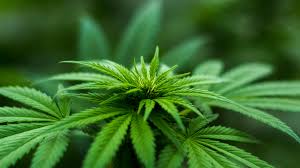Introduction
As cannabis becomes increasingly mainstream, consumers are paying more attention not just to the effects of their favorite strains, but also to how the plant is grown. With the rising popularity of “organic” foods and wellness products, it’s no surprise that cannabis lovers are asking the same question: Is organic cannabis better?
Understanding cultivation practices can help you make more informed choices about the cannabis you consume, whether you’re seeking maximum purity, better flavor, or sustainable farming methods.
What Does “Organic” Mean in Cannabis?
In general agriculture, “organic” refers to crops grown without synthetic pesticides, fertilizers, or genetically modified organisms (GMOs). Instead, farmers rely on natural inputs such as compost, beneficial insects, and crop rotation to promote healthy growth.
For cannabis, the term “organic” follows a similar principle—plants are cultivated using natural soil amendments, clean water, and environmentally friendly methods. However, because cannabis is still federally illegal in some regions, there’s no universal certification system (like USDA Organic for food). This means growers may label their products as organic based on adherence to natural farming practices, even if not officially certified.
The Benefits of Organic Cannabis

1. Cleaner, Safer Product
One of the most appealing aspects of organic cannabis is that it avoids harmful chemical residues. Synthetic pesticides or fertilizers can remain in the plant and ultimately be inhaled or ingested by consumers. Organic cultivation minimizes this risk by relying on natural pest management and soil health.
2. Enhanced Flavor and Aroma
Cannabis flavor and aroma come largely from terpenes, the compounds responsible for its unique scent profiles. Many growers and consumers believe that plants grown organically in living soil produce richer, more complex terpene profiles, making the smoking or vaping experience more enjoyable.
3. Environmental Sustainability
Organic farming practices promote long-term soil health, reduce water waste, and encourage biodiversity. By avoiding chemical runoff, growers also help protect surrounding ecosystems. This makes organic cannabis a more environmentally conscious choice.
4. Better for Long-Term Wellness
Many people turn to cannabis for health and wellness purposes, so consuming a product grown naturally, without synthetic additives, aligns with those values. For health-conscious users, organic cannabis feels like a safer and more holistic option.
Comparing Organic vs. Conventional Cultivation
Conventional cannabis cultivation often involves the use of synthetic fertilizers and pesticides to maximize yield and control pests. While this approach can produce large quantities quickly, it sometimes sacrifices soil health and may result in chemical residues on the final product.
Organic cultivation, on the other hand, prioritizes soil quality, natural nutrients, and eco-friendly methods. While yields may be smaller, the focus is on quality rather than sheer quantity. Many consumers find that organic cannabis delivers a smoother experience, both in terms of effects and flavor.
Challenges with Organic Cannabis
While the benefits of organic cannabis are undeniable, it’s important to acknowledge that this cultivation method also comes with its own set of challenges that both growers and consumers need to consider.
Higher Costs: Organic cultivation is more labor-intensive and time-consuming compared to conventional methods. Growers often rely on natural soil amendments, composting, and manual pest control rather than quick synthetic solutions. This dedication to sustainable practices usually translates into higher production costs, which are reflected in the final retail price. As a result, organic cannabis is often more expensive, making it less accessible for budget-conscious consumers.
Certification Issues: Another complication is the lack of a standardized certification system for organic cannabis. Unlike the food industry, where labels such as “USDA Organic” provide clear verification, cannabis remains in a regulatory gray area in many regions. This can lead to inconsistencies in what “organic” means from one grower to another. Without proper oversight, consumers may find it challenging to determine whether a product marketed as organic truly meets the standards they expect.
Lower Yields: Conventional farming methods often focus on maximizing yield with chemical fertilizers and pest control. Organic growers, however, prioritize soil health and natural growth cycles, which sometimes results in smaller harvests. While this trade-off may produce higher-quality buds, it can also make it difficult for organic farmers to meet the ever-growing market demand. Limited supply, combined with higher costs, further contributes to the premium price tag of organic cannabis.
Despite these obstacles, many growers and consumers remain loyal to organic practices. For cultivators, the decision is often driven by a commitment to environmental sustainability and producing the purest product possible. For consumers, the assurance of cleaner cannabis with richer flavor profiles and fewer synthetic residues makes the trade-offs worthwhile.
In many ways, the challenges of organic cannabis underscore its value: it’s not about mass production, but about quality, integrity, and sustainability.
How to Identify High-Quality Organic Cannabis
Since there isn’t yet a universal certification system for organic cannabis, it’s up to consumers to do a little homework before making a purchase. The good news is that there are clear indicators you can look for to separate truly high-quality, organically grown cannabis from products that simply use “organic” as a marketing buzzword.
Lab Testing: One of the most reliable signs of quality is third-party lab testing. Reputable brands will make Certificates of Analysis (COAs) publicly available, often through QR codes on their packaging or directly on their websites. These reports verify that the cannabis is free from harmful pesticides, heavy metals, mold, or other contaminants. They also confirm cannabinoid potency, ensuring you’re getting what’s advertised on the label.
Growing Practices: Transparency is another hallmark of a trustworthy grower. Many organic cannabis farmers are proud to share their cultivation methods, which often include living soil, compost teas, and natural pest control instead of synthetic chemicals. Learning how a grower treats their soil and plants can tell you a lot about the quality and sustainability of their product.
Local Farms: Supporting smaller, craft cannabis farms is another way to ensure you’re getting cannabis grown with care. Smaller operations often emphasize sustainability and quality over mass production. Choosing local also reduces the carbon footprint associated with transporting cannabis long distances, aligning with eco-friendly values.
Terpene Profiles: Terpenes don’t just contribute to flavor and aroma; they’re also indicators of plant health. Organically grown cannabis often boasts richer, more complex terpene profiles, which result in more vibrant flavors and potentially enhanced effects through the entourage effect. If you notice a strain with bold, natural flavors, chances are it was cultivated in a way that prioritized soil and plant health.
By paying attention to these markers—lab testing, cultivation transparency, supporting craft farms, and terpene richness—you can make more confident choices and enjoy cannabis that’s not only potent but also clean, flavorful, and responsibly produced.
Also Read: Growing Cannabis Outdoors — An Educational Overview
Conclusion
So, is organic cannabis better? For many consumers, the answer is yes—especially if you value purity, flavor, and sustainability. Organic cultivation prioritizes natural methods that are safer for both your body and the environment. While it may cost more and be harder to verify, the peace of mind and enhanced experience it offers often make it worth the investment.
As the cannabis industry continues to evolve, demand for organic and sustainable cultivation practices will likely grow. By choosing organic cannabis, you’re not only supporting your own wellness but also encouraging a more responsible and eco-conscious future for the industry.

